The Olivia Business Centre Choir is a group of sensitive people who love choral music and making music together. Olivia Business Centre’s musical adventure with choral music began in 2018, when a casting for the conductor of the newly formed Choir was announced at Bayer. It was won by Wiktoria Batarowska, who supports the development of the choir. On the joint initiative of Bayer and Olivia Business Centre, the Choir spread its wings and expanded its activities throughout the OBC. Currently, the team consists of about 50 people and brings together representatives of over a dozen Olivia’s resident companies, such as m. among others. Bayer, AirHelp, Energa, GFKM, Nordea, OBC, PwC, Sii, Talkersi and Thyssenkrupp. The choir conducts a wide range of concerts and adds splendour to celebrations organized mainly by the OBC. The repertoire of the Olivia Business Centre Choir includes mainly popular music as well as classical music, as well as carols and pastorals from different parts of the world.
–
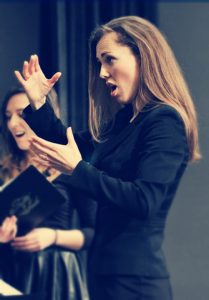 Wiktoria Batarowska – conductor
Wiktoria Batarowska – conductor
of the Olivia Business Centre Choir
Born. in Zhytomyr, Ukraine, in a family with musical traditions. A scholarship holder of the Government of the Republic of Poland (2006-2011), a graduate of the Faculty of Choral Conducting, Music Education and Eurhythmics at the Academy of Music in Gdańsk. St. Moniuszko in the class of prof. esp. Ph.D. W. Górski (M.A., diploma with honors) and the Faculty of Philology of the University of Gdańsk (M.A. in Philology). Originator, organizer and leader of numerous vocal and choral workshops in Pomerania. President of the Gdańsk Branch of the Polish Association of Choirs and Orchestras (2012-2014).
Founder and conductor of the Tutti e Solo Chamber Choir (2009-2017) at the Academy of Music in Gdańsk, conductor of the SSW Mundus Cantat Choir (2012-2015), the Kashubian Bell Men’s Choir (2009-2012), the Genius LOci Vocal and Instrumental Ensemble (since 2017) and the Bayer Choir at the OBC (2018-2019). Assistant Conductor University Choir Academy of Music in Gdańsk (2012-2016). As a conductor, he has won several Grand Prix awards as well as prestigious awards and distinctions on the national and international arena. She also developed her conducting and vocal practice in Cappelli Gedanesis, the Academic Choir of the University of Gdańsk, the Polish National Youth Choir and as part of doctoral studies in Choir of the National Forum of Music in Wrocław, Toruń Symphony Orchestra or Lower Silesian Philharmonic Orchestra.
An active and passive participant of numerous seminars, workshops and conducting conferences. Participant of the 13th Competition of Choral Conductors in Poznań and the 6th International Choral Conducting Tournament ” Towards Polyphony ” in Wrocław. She has received numerous scholarships from the Rector of the Academy of Music in Gdańsk for the best students and doctoral students. One of the most important awards (preparation of the University Choir of the Academy of Music in Gdańsk) is the Fryderyk 2014 Award of the Phonographic Academy in the category Album of the Year. Symphonic and concertante music: Angelus, Exodus, Victoria under dir. Prof. Zygmunt Rychert.
–
Repertoire:
- “El ultimo Cafe” by H. Stamponi
- “Prende la Vela” by L. Bermündez
- “Volare” by D. Modugno
- “Oh Happy Day” by D. Howard
- “Can’t help folling in love” L. Creatore
- “Somewhere Over the Rainbow” by A. Harlen
- “Shchedryk” M. Leonovych
- “The Lion Sleeps Tonight” arr. A. Raugh
–
Members of the OBC Choir:
|
SOPRANOS 1) Dorota Bednarczyk 2) Brejta Natalia 3) Martyna Drobotowicz 4) Ewatowska Aneta 5) Philadelphia Patricia 6) Ivanna Havryliuk 7) Kirillova Elena 8) Nuthatch Iga 9) Kwidzińska Ida 10) Lejkowska Karolina 11) Karolina Lewandowska 12) Caroline Lubinska 13) Moksa Martha 14) Margaret Must 15) Synoradzka Patricia 16) Zaborowska Katarzyna 17) Agnes Zahorska 18) Maryana Zamishchak |
ALTOS 1) Blazejewska Alice 2) Monika Chmarzyńska 3) Margaret Nail 4) Magda Kamińska 5) Anna Lewandowska 6) Isabella Thumb 7) Peszek Alexander 8) Catherine Heel 9) Roskosz Catherine 10) Ross Dominic 11) Rylska Aleksandra 12) Sienkiewicz Joanna 13) Elizabeth Sumionka 14) Syvokobylenko Olena 15) Dorothy Wojsiat 16) Zyborowicz-Dubalis Agata (holidays)
|
|
TENORS 1) Christopher Dolański 2) Piętka Radosław 3) Potts Hamish 4) Wojciechowski Remigiusz
|
BASS 1) Michael Broeker 2) Geba Tom 3) Godlewski Wojciech 4) Robert Mound 5) Jacob Lorenc 6) Wojciech Żółtkowski 7) Sirocki Wojciech |


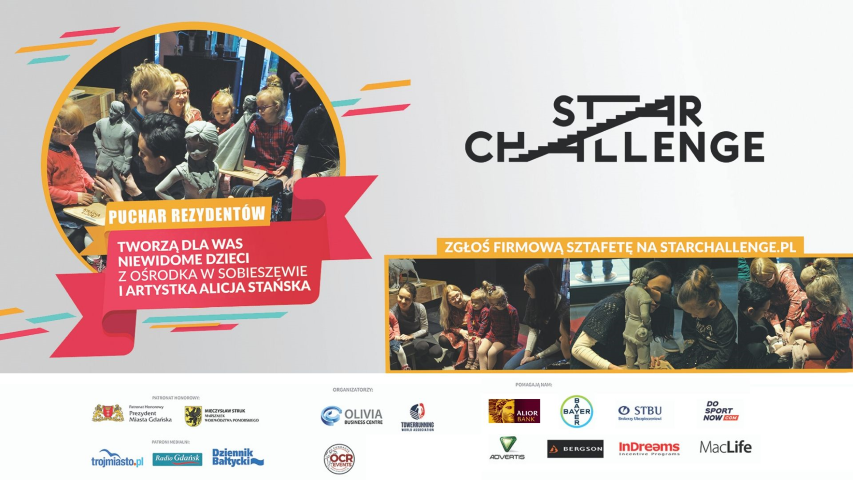
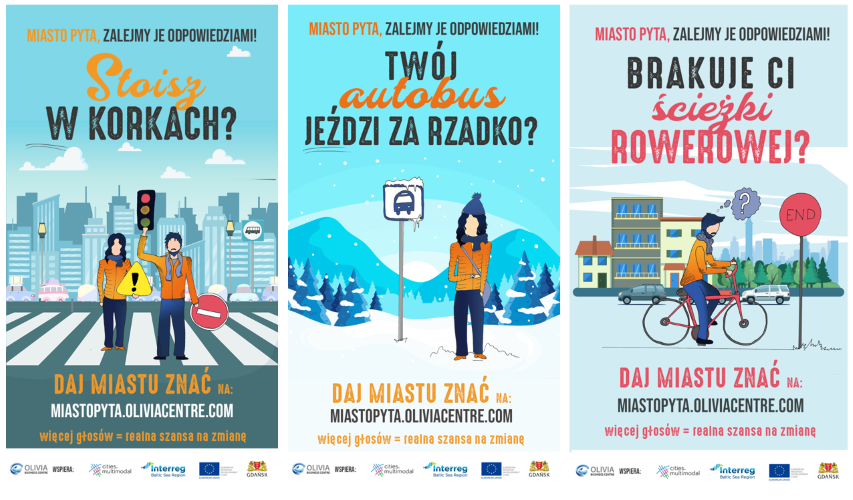
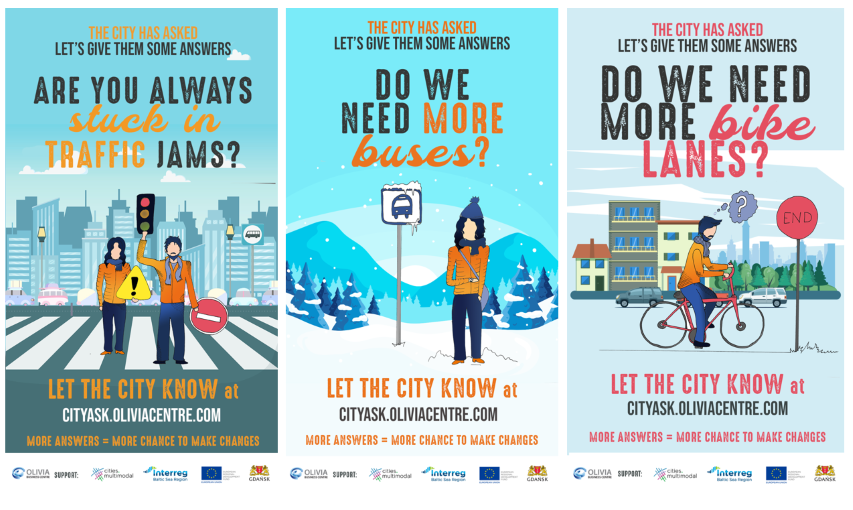

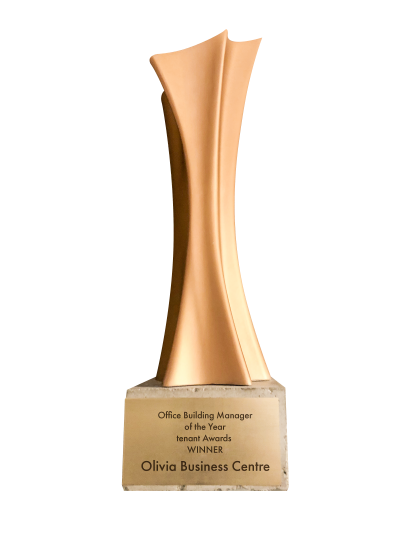 The victory is all the more pleasing because it shows that the self-managed Olivia Business Centre is able to meet the expectations that translate into the well-being and comfort of the Residents.
The victory is all the more pleasing because it shows that the self-managed Olivia Business Centre is able to meet the expectations that translate into the well-being and comfort of the Residents.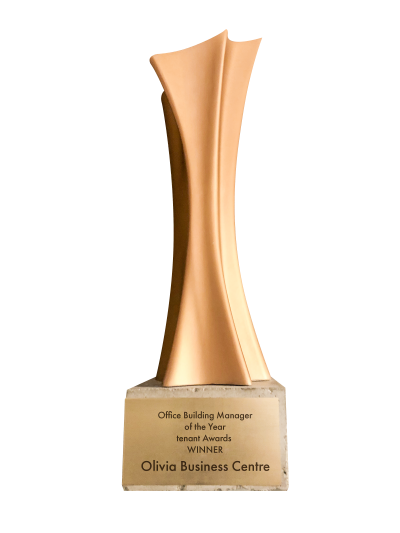 – I would like to thank for this special award on behalf of the teams of the Relations with Residents, Management and Safety. Office Building Manager of the Year prize, awarded thanks to your votes, is not only the capstone of our everyday work, but most of all an extra motivation to ensure even higher standards of our services – said Konrad Danecki, who is responsible for Investor’s Supervision in Olivia Business Centre, at the final Gala.
– I would like to thank for this special award on behalf of the teams of the Relations with Residents, Management and Safety. Office Building Manager of the Year prize, awarded thanks to your votes, is not only the capstone of our everyday work, but most of all an extra motivation to ensure even higher standards of our services – said Konrad Danecki, who is responsible for Investor’s Supervision in Olivia Business Centre, at the final Gala.
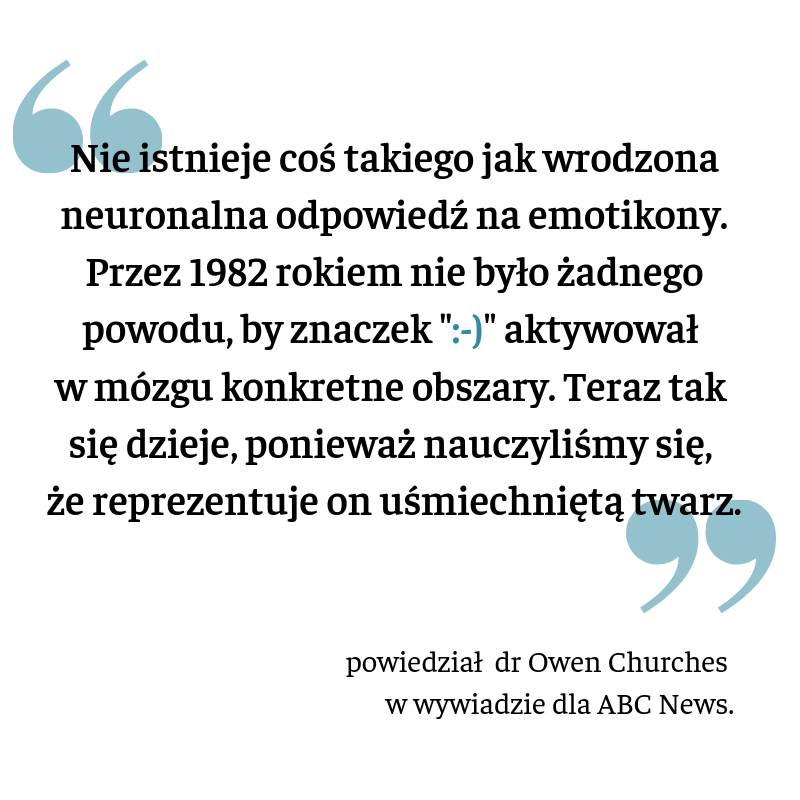 Emojis help us communicate feelings that are often difficult for us to verbalize. They deepen the bond and arouse sympathy exactly as in real relationships. Without them, our virtual friendships would be devoid of feelings, our jokes would be incomprehensible, and our irony would go unnoticed.
Emojis help us communicate feelings that are often difficult for us to verbalize. They deepen the bond and arouse sympathy exactly as in real relationships. Without them, our virtual friendships would be devoid of feelings, our jokes would be incomprehensible, and our irony would go unnoticed. 